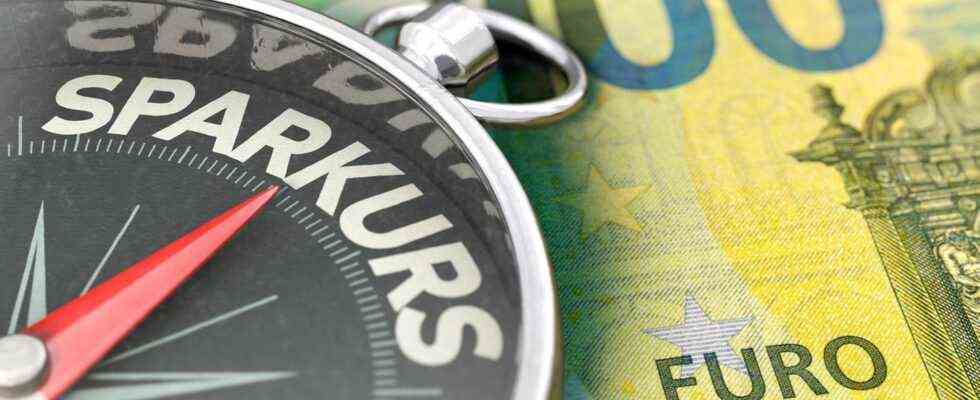Coalition projects
Investing with a debt brake and without a tax hike: the traffic lights looking for sources of money
There are already plans for the Ampel Coalition, but the question arises: Investing without additional income – how can that work?
© Kay Nietfeld / DPA
Debt brake and waiver of tax increases limit the budget for the ambitious traffic light projects. How the SPD, Greens and FDP want to finance their plans is not clearly written in the exploratory paper either.
In their exploratory paper, the traffic light parties commit themselves to the debt brake: Future investments should be made possible “within the framework of the constitutional debt brake”, especially for climate protection, digitization and education. At the same time, income, corporate and VAT are not to be increased, and new taxes on assets such as a wealth tax are not planned. A narrow framework is therefore set for the financing of the billion-dollar traffic light projects.
Requirements of the debt brake
“The budgets of the federal and state governments are basically to be balanced without income from loans,” says Article 109 of the Basic Law. Article 115 states that the federal government may normally incur no more than 0.35 percent of gross domestic product. In addition, “in the event of an economic development deviating from the normal situation”, deviations are permitted to a limited extent.
The background to the debt brake was, among other things, the high level of national debt after the 2008/2009 financial crisis. The amendment to the Basic Law came into force in 2011. Subsequently, transitional regulations still applied – for the federal government up to and including 2015 and for the federal states up to and including 2019.
Exceptions due to the corona pandemic
“In the event of natural disasters or exceptional emergency situations that are beyond the control of the state and have a significant impact on the state’s financial position,” the federal government can exceed the specified credit limits. Due to the corona pandemic and its far-reaching economic consequences, the exemption has already been used for the years 2020 and 2021.
The draft for the federal budget 2022 approved by the federal cabinet in June provides for new borrowing of almost 100 billion euros. According to the previous financial planning, the debt brake should apply again from 2023 onwards. The budget draft from the house of finance minister and SPD candidate for chancellor Olaf Scholz is unlikely to come into force exactly in the present form – a new federal government usually also sets its own accents in the budget.
Hoped for sources of income of the traffic light parties
In the exploratory paper there is little specific information about the counter-financing of investment spending. The fight against tax evasion, money laundering and tax avoidance is to be intensified, and the budget is to be checked for unnecessary and climate-damaging subsidies. Scholz also relies on income from the planned global minimum taxation of corporations.
SPD leader Norbert Walter-Borjans considers partial financing with loans to be justified, for which the debt brake contains leeway. The Greens boss Annalena Baerbock sees it similarly. Walter-Borjans also refers to the possibilities of state institutions such as the federal and state development banks.
According to parliamentary group leader Anton Hofreiter, the Greens can also imagine “the public sector investing” – such as the Kreditanstalt für Wiederaufbau (KfW), Deutsche Bahn or Autobahn GmbH. Scholz recently said with a view to the already existing public institutions that these had to be “included in the scope of the possibilities for action”. The SPD-Linke called on the traffic light parties to set up a new public investment company in order to be able to invest “in accordance with the debt brake”.
Warnings about “shadow households”
Warnings have already come from the Union, but also from Federal Audit Office President Kay Scheller, that the traffic light parties should not circumvent the debt brake. The solutions would not lie “in non-transparent shadow budgets such as funds, special-purpose vehicles or other structures, but in a strong and clear consolidation course,” said Scheller at the weekend. The CDU Economic Council warned that circumventing the debt brake through “public investment vehicles” would be a “classic shadow budget” against which the opposition would sue.


